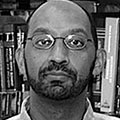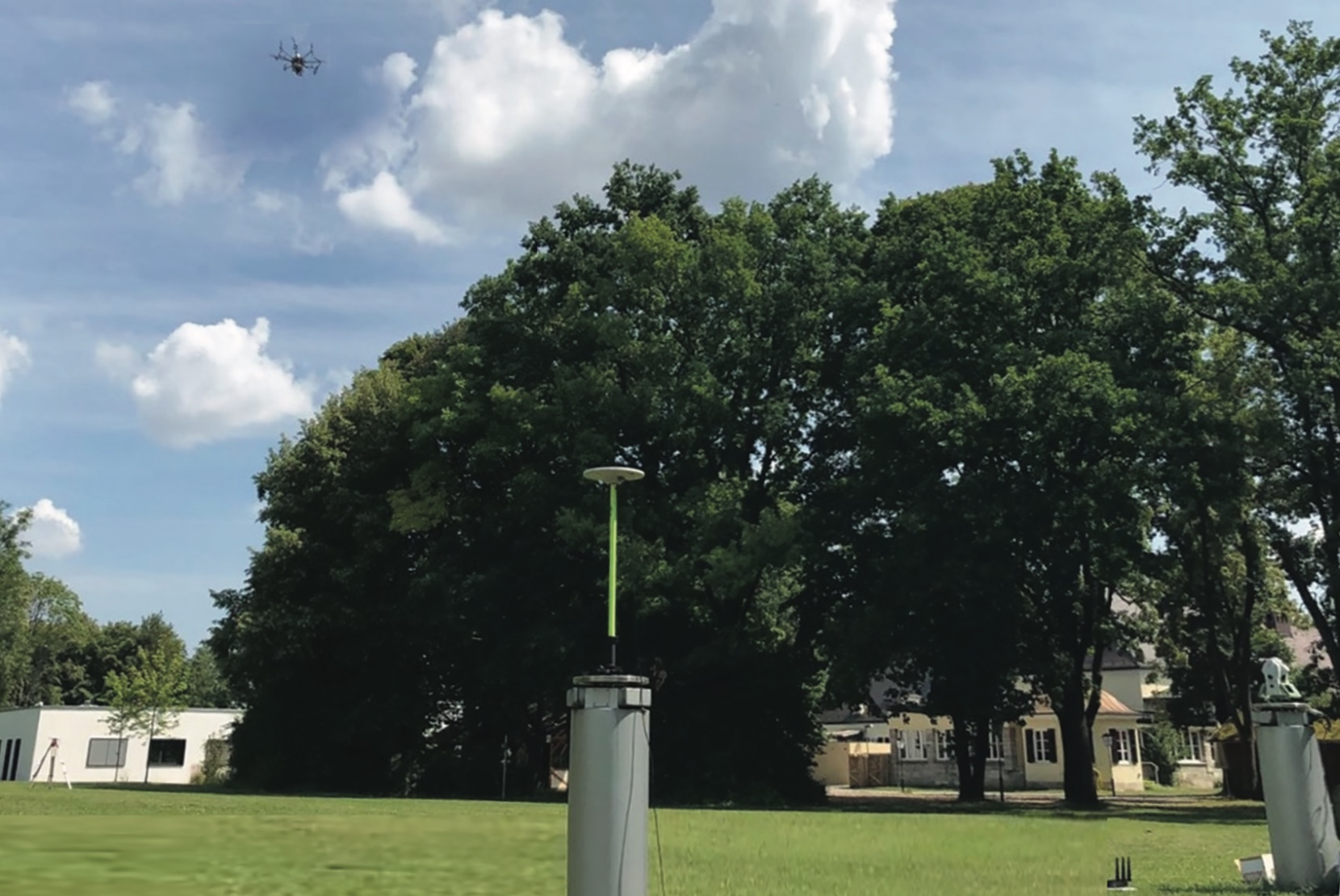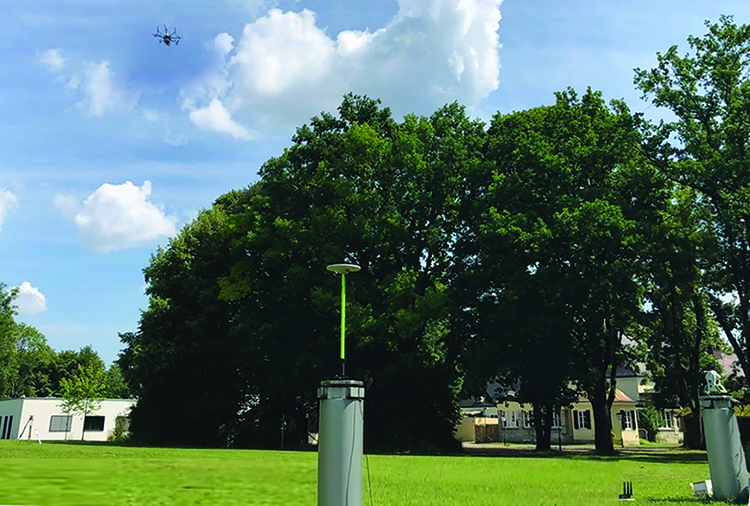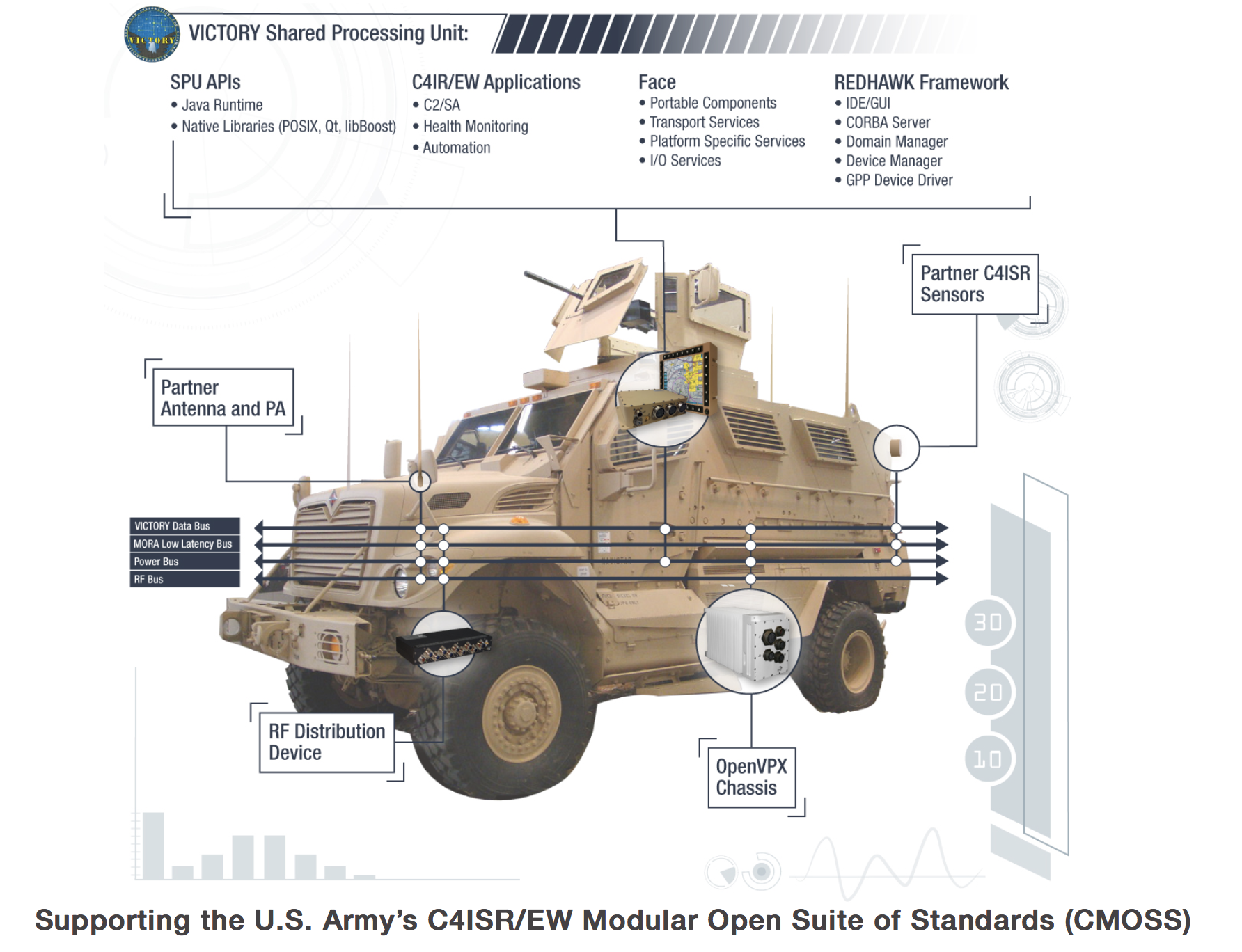Sponsored by Inside GNSS and NovAtel
The live webinar took place on May 2.
Sponsored by Inside GNSS and NovAtel
The live webinar took place on May 2.
- Webinar PDF Archive (Registration required)
Many people are in denial or simply in the dark about GNSS vulnerabilities.
Right now, GNSS jamming and interference from a variety of sources can adversely affect a wide range GNSS receivers and dependent systems, particularly maritime transport and aviation.
In this webinar, you will learn about operating in GNSS-denied or –impaired environments, including:
- Sources and characteristics of common threats to reliable GNSS operations
- Ways to detect and mitigate the effects of interference and jamming
- Alternative positioning, navigation, and timing (PNT) technologies and systems that help users in hostile operational environments
Our panelists will discuss a range of possible solutions including improvements in user equipment, use of multiple GNSS signals, integrated sensors and non-GNSS technologies, alternate or backup systems, and “system of systems” approaches.
PRESENTERS
 Logan Scott, principal of Logan Scott Consulting, Colorado Springs, Colorado, specializes in radio frequency signal processing and waveform design for communications, navigation, radar, and emitter location. He is currently active in precision indoor navigation, a jammer location system, nuclear materials detection and location-based encryption and authentication. Earlier in his career, he pioneered approaches for building high-performance, jamming-resistant digital receivers at Texas Instruments. He holds 34 U.S. patents. Scott earned a BSEE from Columbia University, New York.
Logan Scott, principal of Logan Scott Consulting, Colorado Springs, Colorado, specializes in radio frequency signal processing and waveform design for communications, navigation, radar, and emitter location. He is currently active in precision indoor navigation, a jammer location system, nuclear materials detection and location-based encryption and authentication. Earlier in his career, he pioneered approaches for building high-performance, jamming-resistant digital receivers at Texas Instruments. He holds 34 U.S. patents. Scott earned a BSEE from Columbia University, New York.
 George Shaw is principal development engineer for the Research and Radionavigation directorate of the General Lighthouse Authorities of the United Kingdom and Ireland at Trinity House, Harwich, Essex. He specializes in systems engineering and analysis of robust GNSS-based solutions for positioning and navigation across air, land and sea domains. He is a Chartered Engineer and a member of the Royal Aeronautical Society. He holds an M.A. in mathematics from Cambridge University.
George Shaw is principal development engineer for the Research and Radionavigation directorate of the General Lighthouse Authorities of the United Kingdom and Ireland at Trinity House, Harwich, Essex. He specializes in systems engineering and analysis of robust GNSS-based solutions for positioning and navigation across air, land and sea domains. He is a Chartered Engineer and a member of the Royal Aeronautical Society. He holds an M.A. in mathematics from Cambridge University.
 Sherman Lo is a senior research engineer at the Stanford GPS Laboratory. He is the associate investigator for the Stanford University efforts on the FAA evaluation of alternative position navigation and timing (APNT) systems for aviation. In this effort, he is developing aviation APNT systems that are robust to GPS interference. Lo earned M.S. degrees in aeronautics and astronautics and in engineering economic systems and operations research as well as a Ph.D. in Aeronautics and Astronautics from Stanford University. His B.S. degrees in aerospace engineering and mathematics are from the University of Maryland, College Park.
Sherman Lo is a senior research engineer at the Stanford GPS Laboratory. He is the associate investigator for the Stanford University efforts on the FAA evaluation of alternative position navigation and timing (APNT) systems for aviation. In this effort, he is developing aviation APNT systems that are robust to GPS interference. Lo earned M.S. degrees in aeronautics and astronautics and in engineering economic systems and operations research as well as a Ph.D. in Aeronautics and Astronautics from Stanford University. His B.S. degrees in aerospace engineering and mathematics are from the University of Maryland, College Park.
Moderator
 Demoz Gebre-Egziabher is associate professor of Aerospace Engineering and Mechanics at University of Minnesota-Twin Cities.
Demoz Gebre-Egziabher is associate professor of Aerospace Engineering and Mechanics at University of Minnesota-Twin Cities.
Register Here
image: Hong Kong skyline, 2007 photo by David Iliff. License CC-BY-SA 3.0





